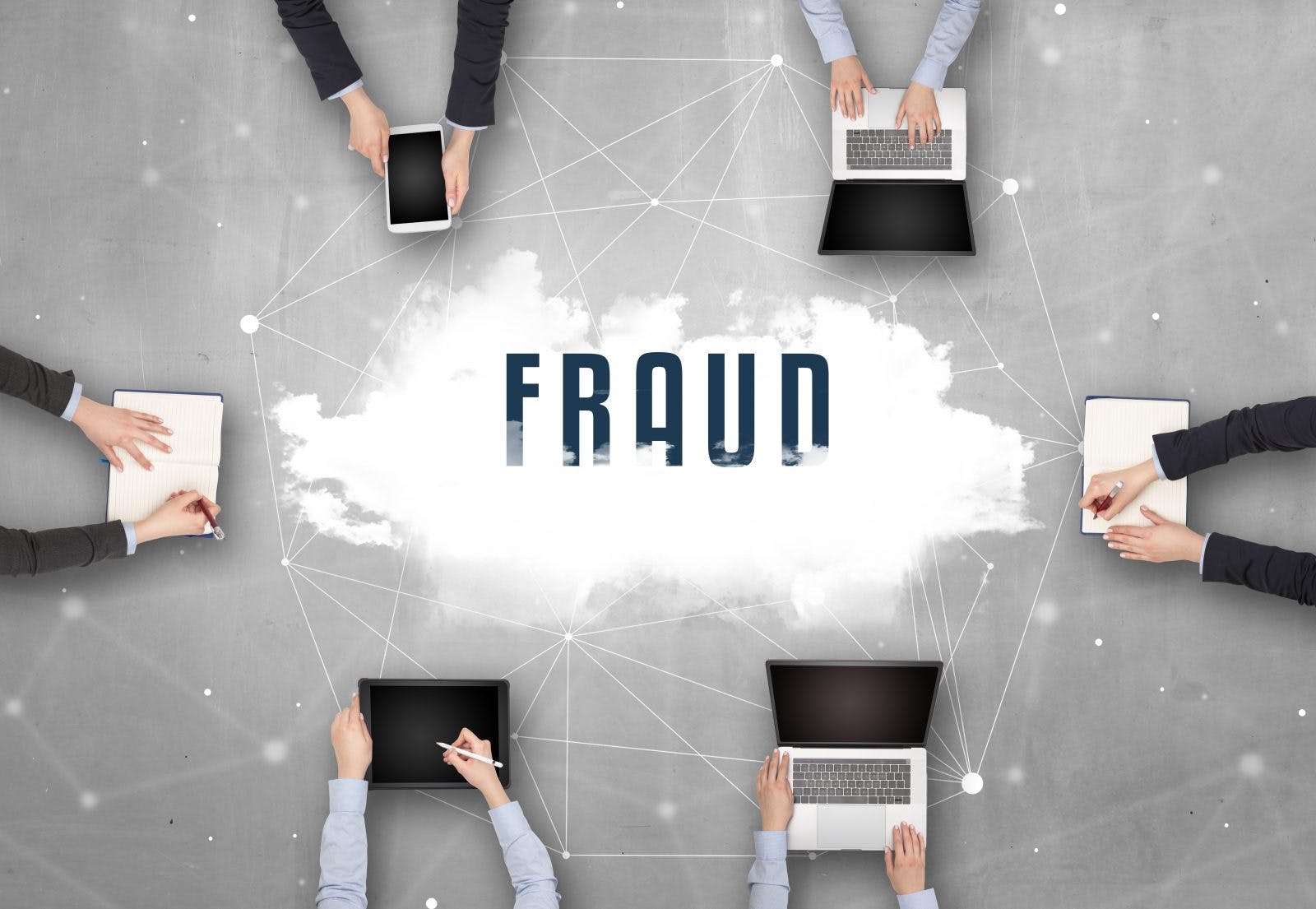I have written nearly 400 blog posts and dozens of monthly newsletters on residential real estate, and no topic is higher in priority than the one that covers the risks of losing money to criminals. Since this blog began in 2018, I have published five stories on real estate-related fraud and because of an increase in criminal activity, this is now No. 6.
As consumers seek more efficient experiences in the home-buying process, a growing number of transactions have migrated online. That makes closing the deal a perfect chance for opportunists to hack into a person’s computer and attempt to steal information or, worse, their money.
“The fraudsters keep getting more sophisticated and the frequency of attacks continues to go up,” Tyler Adams, CEO of software company CertifID, was quoted by HousingWire as saying this year. “Fraud doesn’t sleep and even though transaction volume has gone down, the amount of fraud we are seeing hasn’t gone down, so your likelihood of getting hit with an attack is higher.”
FBI statistics released in late 2022 showed business email compromise (BEC) and real estate wire fraud were among the top complaints received from consumers. It is estimated that the number of BECs will double in the next two years, according to the American Land Title Association (ALTA), the national trade group for property title agents.
Wire fraud tends to involve a cybercriminal compromising a business or personal email account and sending the buyer or another party, at the last minute, a convincing-yet-fraudulent instruction to wire money to the wrong account. Tens of thousands of dollars can vanish at the click of a mouse to the benefit of a fraudster.
A survey by ALTA showed that only 17% of all wire fraud victims fully recover their lost funds. Fortunately, the survey said 94% of respondents reported some amount of recovery.
As part of email and wire fraud schemes, consumers are being warned of a new and worrying activity – the exploitation of virtual meetings. A hacker may break into a business email account and invite a buyer or seller to a meeting on Zoom, Microsoft Teams or another popular virtual meeting app.
In the meeting, real estate consumers unfamiliar with the person on the other end of the call may assume all is fine and that the guidance received is well-founded and true. In these scenarios, the fraudsters portraying themselves as real estate professionals request a change of instructions when wiring funds for a down payment on a home or to pay service fees to a new bank account.
That should raise alarm bells but many consumers are trusting and may act on the instructions to send the funds as soon as possible. A sign that the person is a hacker rather than a helper is he/she may only show a still photo and claim to have issues with the video.
In truth, anyone – a real estate agent, lender, attorney, buyer, seller – can have their email hacked by a scammer who then poses as them on a video call, email exchange or text. Victims who fall for these scams could lose the funds they’ve saved over their lifetime for the purchase of a home.
Escrow firms typically have highly secure methods to communicate with consumers outside of riskier methods such as email. Anything outside of the normal method of communicating with their real estate team should prompt buyers and sellers to think twice.
“You have minutes to hours to act once you have knowledge that either your company sent money where it wasn’t supposed to go or you’ve got a buyer out there hanging because they sent $50,000 to a fraudster,” Matt McBride, vice president of risk management and compliance at Shaddock National Holdings, told attendees at an industry conference in 2022. “If it goes to 24 hours, your likelihood of recovery is 15%. If it goes to 48 hours, you are in the 2% range.”
The key is communication – and a lot of it. (I worked for 30 years in the communications industry and know the importance of being clear, concise and current in all communications.) Communicating when and how the closing will be conducted, as well as having security protocols like two-factor authentication will help to ensure funds are sent to the right place.
Buyers and sellers should always be on guard and check with their real estate pros before transferring funds.
ADDITIONAL READING
Avoid Fraudsters When Buying and Selling a Home (May 10, 2022)
Expanding Tech Footprint Increases Risk in Real Estate Fraud (Aug. 24, 2021)
Protect Yourself Against Scams When Closing on a Home (Nov. 5, 2019)




